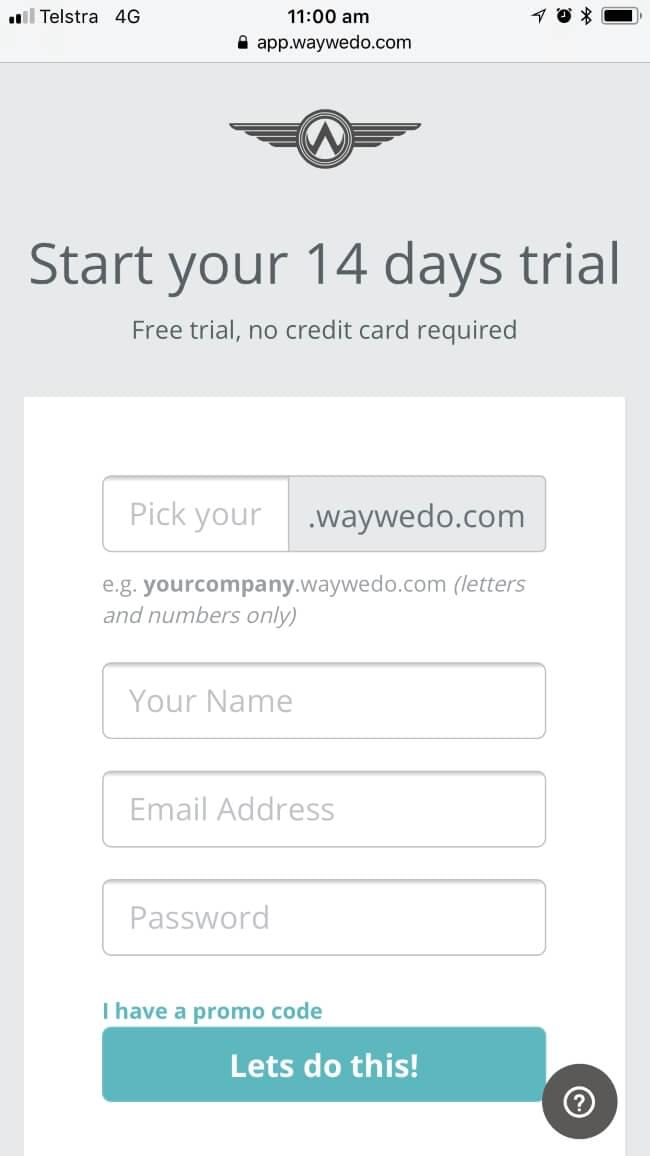“Piglet noticed that even though
he had a very small heart,
it could hold a rather large amount
of gratitude.”
A.A.Milne
With Thanksgiving happening this week in the US, we’re taking the opportunity this week to think about the things we’re thankful for here at Way We Do. My contribution to our office chat was my eternal gratitude to the inventor(s?) of pasta. Whoever that was, they deserve to be immortalized in statue form. Or maybe we could put them on a bank note?
Our conversation got around to how we show gratitude at work. We spend a good chunk of our lives with our work colleagues and showing our appreciation for them when they shine is a no brainer. Or at least, it should be. From a business perspective, it helps build a fantastic company culture and drives performance; from a personal perspective, it feels good when those you work with acknowledge your effort with a “Thank you!” — and it feels even better to say it.
So I thought I’d extend our team’s conversation and share some more ideas for different ways we can spread the good stuff at work.

Formal reward and recognition
The most common way companies say thank you to their employees is through formal reward and recognition programs. These involve established criteria (or Key Performance Indicators), and are often governed by senior management.
Formal reward and recognition programs usually have two main flavors: Praise for what people have done, like outstanding sales achievements; and acknowledgment of how people work, like demonstrating exemplary behaviors in the company’s framework.
While different businesses put their own spin on their reward and recognition recipe, they all share some common ingredients.
- Recognition of terms of service.
- Quarterly and annual awards programs recognizing a job well done.
- Cultural and values awards.
- Sales awards and other similar incentives.
- Bonus schemes.
Modern employees often expect to see some kind of formal reward and recognition program at work, and may choose to work for one company over another based on this. Likewise, employers may use their reward and recognition programs as a means to attract the best talent.
Regardless of how you structure your formal program, it’s an excellent way to show your team how much you recognize and value what they do.
Informal reward and recognition
Formal recognition and reward is an important component of motivating your team and fostering a high-performance culture in your business. However, it often comes around only at certain intervals throughout the year. So how do you keep your team inspired the rest of the time?
Informal recognition is less structured, more ad hoc, but it can play a key part in keeping your team positive and on track from week to week. Informal recognition doesn’t ‘belong’ to any one role or another to give, either. Anyone at any level in your business can give their team mates a ‘shout-out’.
It can take the form of a simple, verbal show of thanks, or a company-wide email acknowledging the efforts of key people or a team. You can foster a culture of recognition by promoting it as an activity, for instance:
- with digital thank you cards
- allocating some budget to celebrate wins with a team event, or gifts like event tickets
- allocating some time in your regular team meetings for staff to acknowledge one another’s help or contribution.
Talk with your team members about how they like to be recognised, and together come up with different ways, outside your formal recognition framework, that you’ll use to encourage each other. Small, genuine gestures of gratitude can make a big difference.
Coming up with programs that suit your business
As you begin to formulate how your recognition programs work, you should always be thinking about how they’ll represent who you are as an organization and how these programs will demonstrate your company culture.
There’s no right or wrong way to build up your programs and they’ll look very different from business to business. However, you may lean into either formal or informal programs depending on your organization’s personality. If you have a highly structured and formal workplace, then perhaps a robust formal program is more suited to you. Likewise, a relaxed workplace may prefer to emphasize informal activities.
First of all, remember there’s no right or wrong way to structure a program for your business. You may prefer one approach over the other, or a blend of the two.
The important things to remember as you develop your plans are:
- How do you want your recognition and reward program represent your organization and its culture?
- How do your team members want to be recognized and rewarded? Different things appeal to different people, so remember to offer rewards that will inspire your people to perform.
What we’re thankful for
There’s a lot on our ‘Things To Be Thankful For’ list at Way We Do, but the biggest ones are:
- our fabulous client community, and getting to see every day how much they love the platform we’ve built for them
- our amazing technical and customer success teams who put in so much care and effort to expertly build and maintain our software
- our incredible network of suppliers and other organizations who help us keep things running to the standards we need for our clients.
Thank you, all.
What are you grateful for?
If you haven’t said thanks to someone deserving in a while, there’s no better time than the present to let them know how you feel. You don’t necessarily need to crack a magnum of champagne over their heads; but taking a moment out of the blue to let someone know you appreciate them can really make their day. And the odds are good it will boost yours as well.
And finally, if you’ll indulge me one last quote from Winnie the Pooh…
“A little consideration,
a little thought for others,
makes all the difference.”
A.A.Milne





